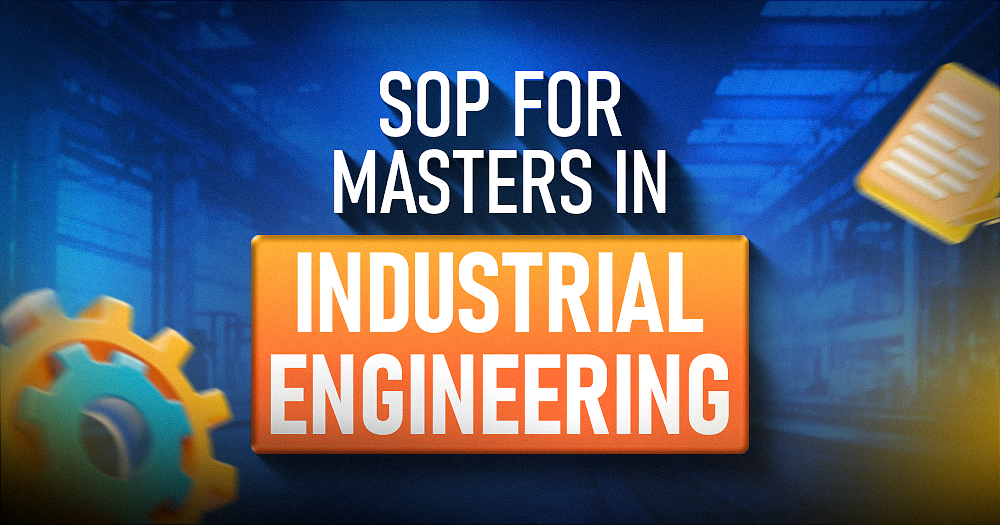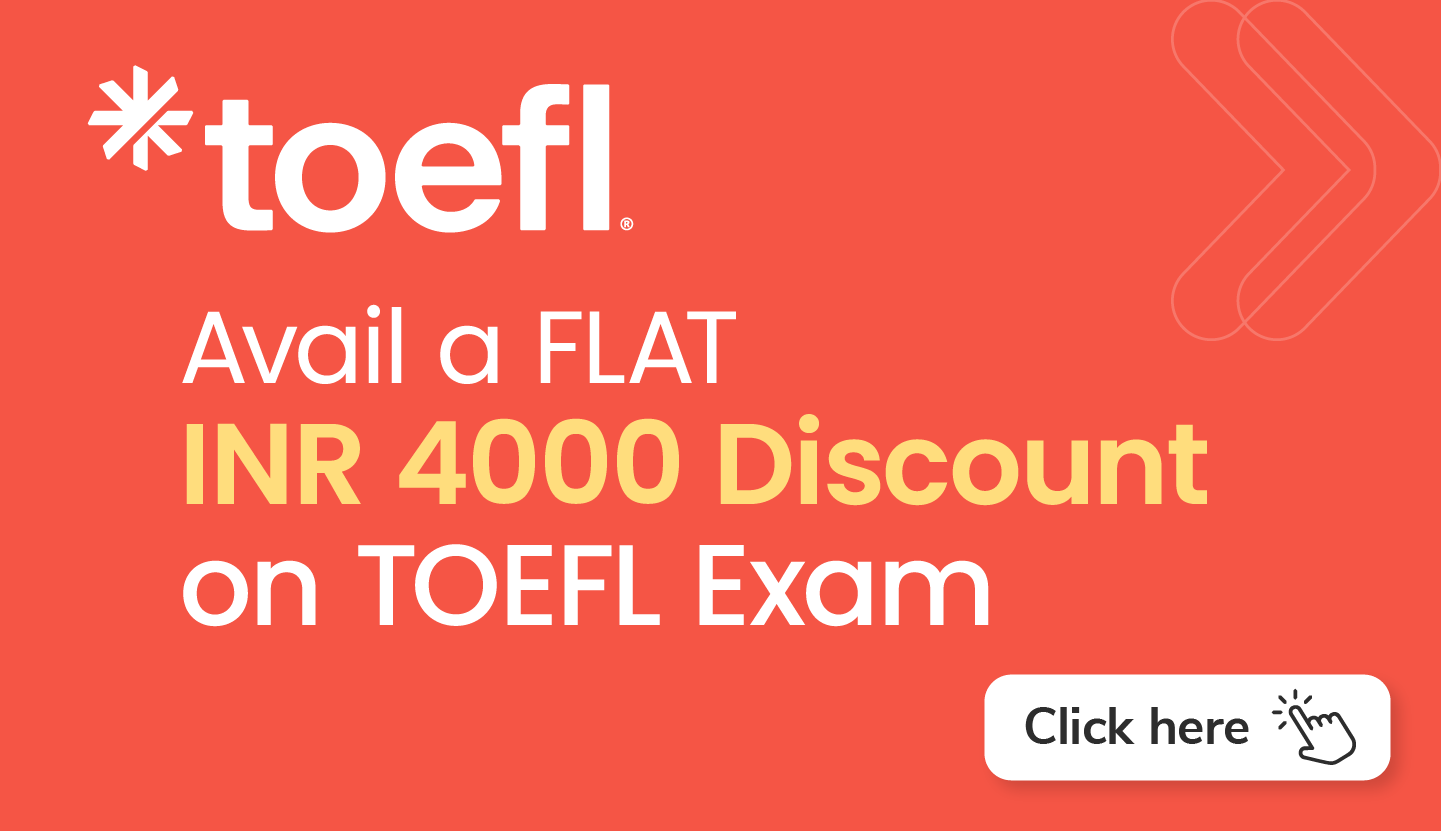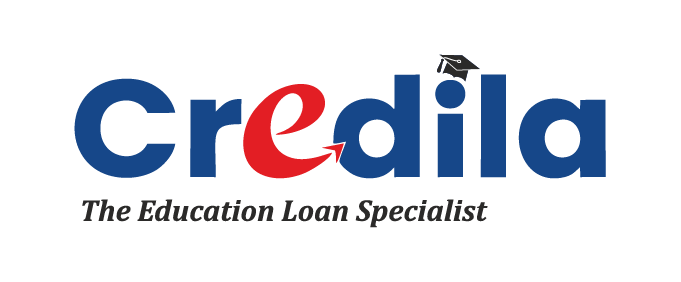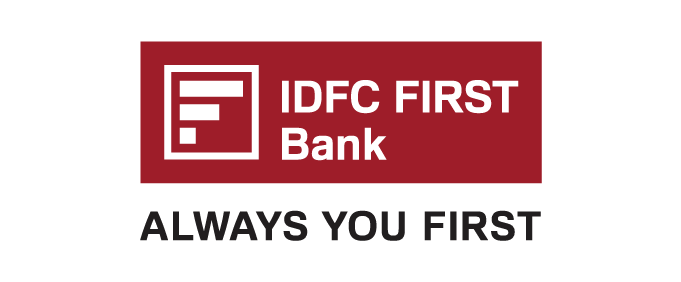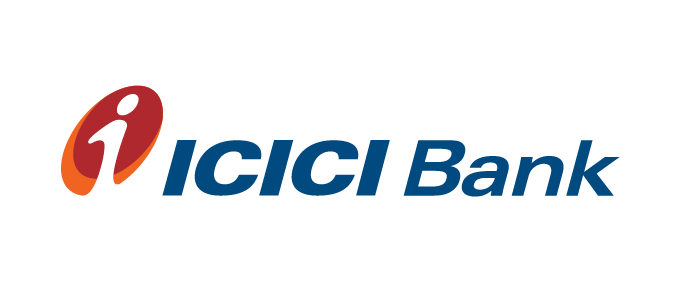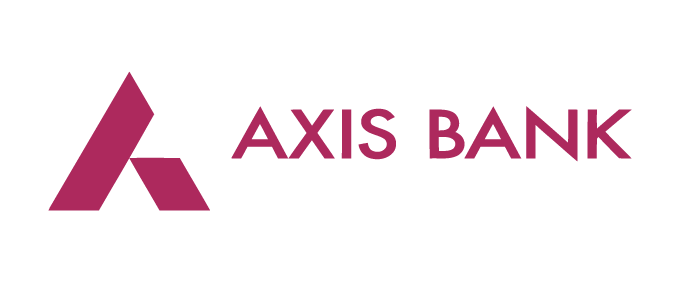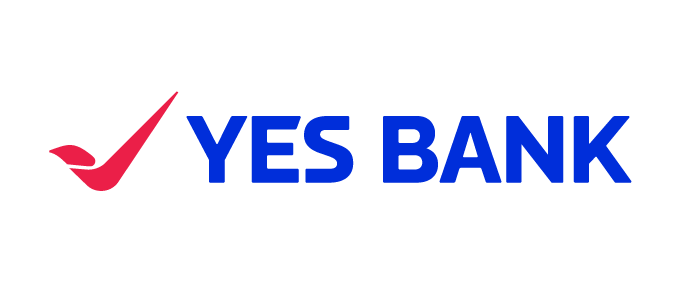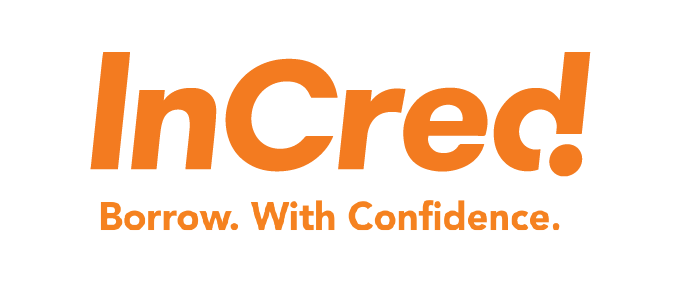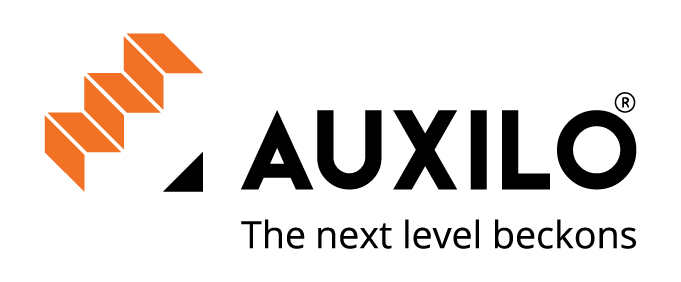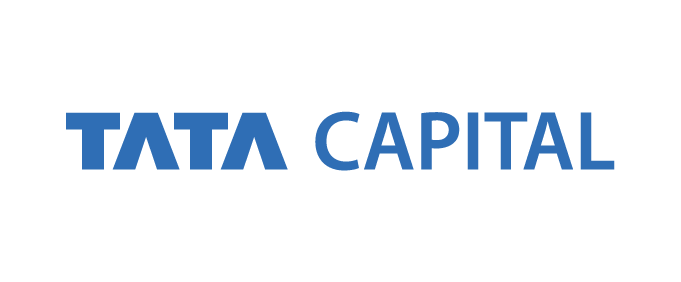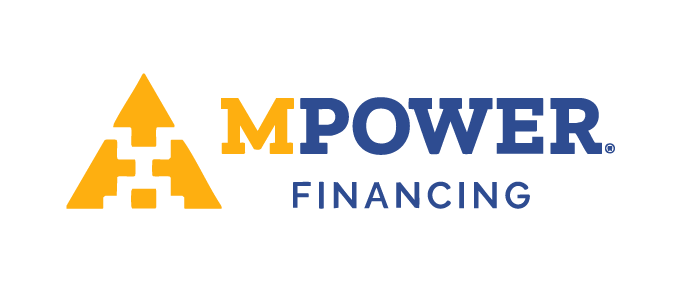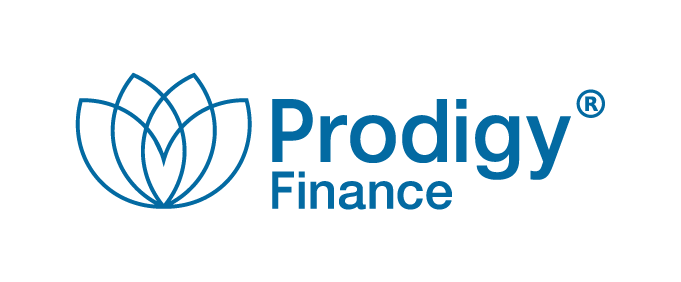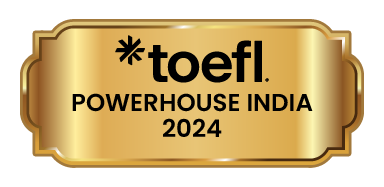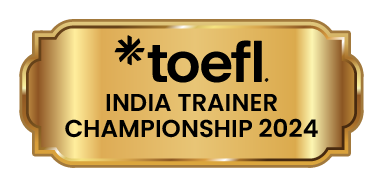If you’re planning to apply for a Master’s program in Industrial Engineering, you’re gearing up to enter a field that is crucial for optimizing complex systems, processes, and organizations.
Industrial Engineering is all about improving efficiency, reducing waste (of time and resources), and enhancing productivity across various industries. As such, it is a discipline that attracts applicants with a strong technical background and a keen interest in problem-solving and optimization.
In such a competitive field, how can you ensure that your application stands out?
While your academic performance and professional experience are important, the most critical component of your application is your Statement of Purpose (SOP).
In this blog, we will walk you through the essential elements of crafting a compelling SOP for Industrial Engineering. However, if you want to refer to a general set of guidelines what to include and what to avoid in order to draft an outstanding SOP, you can refer to The Ultimate Guide to Crafting an Exceptional Statement of Purpose.
How to write a stellar SOP for Master’s in Industrial Engineering?
Your SOP is your opportunity to showcase your passion for Industrial Engineering, detail your journey so far, and outline your career aspirations. It’s the place where you can highlight your unique skills, relevant experiences, and the reasons why you’re a great fit for the program you’re applying to.
However, the first step is to determine what specialization you would want to write the SOP for. This is because, if you have seen the above SOP guide, you’d realize that career goals are a critical component of the SOP. And since your career goals would naturally be oriented towards a certain specialization within the broad field of Industrial Engineering, it is but logical that the SOP would have to revolve around that specialization.
If you are unsure about this, it is important for you to discuss with your career counsellor the various career pathways that you can follow after graduate education in Industrial Engineering. As a primary read however, you may want to read up on our explanatory article on Specializations under Industrial Engineering.
With that being said, let us see a couple of examples below to understand the nuances involved in writing an SOP for Industrial Engineering.
Sample 1:
This was a student who applied for the MS in Industrial Engineering (MSIE) at Columbia University.
Oliver Scalabre, Managing Director at BCG-Paris, discusses the emergence of the “next manufacturing revolution” in his TED Talk. This revolution heralds a new era in manufacturing, emphasizing mass customization through innovative techniques and IT resources. The objective is to optimize manufacturing processes by leveraging data to produce superior products. Despite economic growth stagnation in recent decades, there is optimism that manufacturing sector innovation could drive significant macro-economic changes and bolster productivity. Supply chain management, simulation techniques, integration strategies, productivity enhancement methods, and data analytics will be pivotal in this transformative phase. My passion for manufacturing engineering stems from hands-on experience, notably as an Assistant Manager in the mechanical maintenance and manufacturing department at the Compact Strip Production Mill (CSP) of AM/NS India.
In my current role, I oversee the maintenance of steel rolling machinery and equipment, prioritizing enhancements in efficiency and reliability while upholding stringent safety standards. Utilizing my proficiency in SAP software, I efficiently manage inventory and monitor vital spare parts such as hydraulic valves, hoses, bolts, spanners, couplings, and bearings to guarantee the availability of resources when needed. Additionally, I strategize and schedule preventive maintenance activities using PERT based on predictive timelines, aiming to deliver top-quality products with minimal downtime.
One of my notable accomplishments involved implementing an innovative approach that established clear day-to-day and week-to-week timelines for streamlined review processes. This initiative significantly enhanced our department’s efficiency in manpower utilization. In pursuit of delivering top-notch products, I spearheaded initiatives such as level two automation, which involved collaborative control with human operators, enabling continuous monitoring of rolling parameters through data analysis and monitoring systems. Furthermore, I implemented practices such as 5s, Kanban, and six sigma activities to further enhance quality standards. As a result of my contributions, I garnered recognition and gained exposure to corporate culture.
Prior to joining AM/NS India, I embarked on an enlightening industrial visit to Kalyani Maxion Wheels. Fascinated by their expansive manufacturing and assembly line facilities, I meticulously observed their processes, particularly the frequent change-over activities necessitated by their batch production approach. Motivated to tackle the process layout challenges I identified, I commenced my journey there as a Project Intern. In my final year, I undertook a capstone project aimed at enhancing the Overall Equipment Effectiveness (OEE) of the Flow Forming Machine within the manufacturing line. My responsibilities encompassed reducing changeover times, optimizing cycle times, addressing minor stoppages, and enhancing product quality. Leveraging data from previous years, I conducted comprehensive analyses using tools such as Minitab and MS Excel to pinpoint areas ripe for improvement. Additionally, I implemented the SMED technique and Pareto Chart analysis to streamline time-intensive activities.
In order to decrease the cycle time of each product by two seconds, thereby eliminating unnecessary movements of the robotic arm, we conducted fishbone and why-why analyses. Subsequently, we made adjustments to the programming of the robotic arm. Standardizing the size of rollers and mandrels contributed to a reduction in profile variation rejects. As a result of these initiatives, the equipment’s effectiveness improved from 78% to 82%, leading to monthly cost savings of $6000.
During my internship in the Opex department of the same organization, I focused on analyzing daily production data. While supporting my manager in cost-saving endeavors, I gained valuable experience in collaborating with cross-functional departments. This role provided insights into streamlining operational activities to achieve production objectives efficiently. Additionally, I attended meetings with the manager to discuss process improvement initiatives, involving the identification of bottleneck activities and redundancies in workflows.
Through my enriching professional experiences, I have gained clarity regarding my career objectives. Initially, I aim to pursue an MS in Industrial Engineering as a foundational step. Looking ahead, my ambition is to secure a role as an Industrial Engineer at renowned companies such as Tesla, Apple, Walmart, or Ford Motor Company, all esteemed for their expertise in process optimization, supply chain integration, lean and six sigma methodologies, and quality control. In this capacity, I aspire to oversee the manufacturing department, contributing to process design enhancements, efficiency improvements, reliability enhancements, and inventory management optimization. My goal is to streamline process flows and enhance resource utilization to drive efficiency and profitability. Ultimately, I aspire to progress to a Directorial position within the Industrial and Manufacturing domain.
My undergraduate studies laid a robust foundation upon which I aim to build during graduate school. Courses such as Facilities and Process Planning, Total Quality Management and Reliability, Ergonomics and Styling, and Industrial Engineering and Management provided me with a comprehensive understanding of the practical applications of these techniques across various industries. Additionally, subjects like Operations Research, Statistics, Regression Analysis, and Calculus strengthened my mathematical acumen. Exploring electives such as Micro and Macro Economics deepened my understanding of the economic dimensions within different sectors. My dedication to academic excellence is evidenced by my top subject rankings, placing me among the top 4% of my department.
Furthermore, I obtained Lean Six Sigma Green Belt Certification from the University of Amsterdam through Udemy. Additionally, I hold certifications in Product Design and Management from Nasscom, as well as Solidworks Associate certification from Dassault Systems. I have also participated in several seminars focusing on Industry 4.0, where I acquired knowledge on automation in production systems, simulations, and data analysis techniques utilizing Python and SQL.
Throughout my undergraduate studies, I actively participated in substantial project endeavors. Motivated by Professor Hugh Kerr’s assertion that “Humans are not disabled; our technologies are disabled, but we can transcend disability through technological innovation, indeed through fundamental advances in bionics,” our project centered on aiding individuals with spinal cord and leg injuries. Drawing upon principles from the Theory of Machines, we meticulously chose a suitable crank mechanism and employed MATLAB programming for computational analysis.
Another project stemmed from recognizing the financial constraints faced by Indian farmers in procuring expensive tractors for plowing purposes. In response, we devised a motor-powered farm wheel as a cost-effective alternative to traditional tractors. Leveraging SOLIDWORKS and FUSION 360, we meticulously designed the product. To facilitate its market launch, we conducted a comprehensive survey, collected data pertaining to farmers’ economic circumstances, and performed torque and power calculations, culminating in the preparation of a detailed financial plan. Additionally, I undertook the task of determining the Suitable Material Selection for Additive Manufacturing of Spur Gear using a Hybrid MCDM Technique. This involved the development of a hybrid fuzzy AHP and MCDM approach to identify the optimal material for fused deposition modeling of spur gears, considering both cost and mechanical properties. By assigning weighted importance to each sub-criterion of selection, we employed AHP and MCDM techniques to finalize the rankings. The assessment of these parameters was conducted using Python.
Apart from pursuing my academic goals, I coordinated technical events through SAE-VIT, a student chapter. Additionally, I actively contributed to the Marathi Literature Club, aiming to uphold and celebrate the rich cultural heritage of Maharashtra. Furthermore, as a member of the health club, I collaborated in organizing and executing health camps within the Vellore district, India, fostering community well-being.
My extensive experience in industry has highlighted the necessity of enriching my knowledge base and honing essential skills. Hence, I am enthusiastic about pursuing the MS in Industrial Engineering program offered by the ____________. What particularly draws me to this program is its comprehensive curriculum, covering crucial subjects such as ___________, ___________, and ____________. I am especially intrigued by the groundbreaking work of Professor ____________, particularly his book, ____________, which introduces innovative mathematical and computer models that transcend traditional guidelines and simplistic ratios. The opportunity to learn under his tutelage would be an honor. Furthermore, the prospect of studying alongside Dr. ____________, a distinguished expert in the control of flexible automated production and workflow management, fills me with anticipation. During my tenure at _____________, I look forward to joining esteemed organizations like the ____________ and contributing to publications such as ___________.
Backed by a solid academic background, pertinent work experience, and essential attributes including perseverance, teamwork, technical proficiency, and professionalism, I am assured of my capacity to offer significant contributions to the university. Hence, I am optimistic and hopeful for a favorable response to my application for graduate studies.
Sample 2:
This example is of a student who got through the Masters of Engineering in Industrial Engineering at Georgia Institute of Technology.
On a memorable evening, while accompanying my father to purchase furniture, we stumbled upon a small woodworking workshop. Captivated by the craftsmanship of the carpenters, I engaged in conversation with the workshop supervisor to delve deeper into the manufacturing process. One aspect that struck me during our discussion was the pivotal role of a lathe machine in furniture production. The workshop only possessed a solitary lathe machine for woodturning, resulting in sluggish manufacturing and diminished efficiency. Driven to address this bottleneck, I devised a sequencing solution aimed at optimizing the utilization of a single machine within the workshop, thereby minimizing downtime and enhancing overall efficiency. This project not only afforded me the opportunity to construct an operations research-based model but also served as a catalyst for the realization of my true vocation.
The project, titled “Model Development for Cost Minimization in a Job Shop,” entailed the creation of diverse mathematical models aimed at identifying optimal sequencing solutions. These solutions were intended to assist the workshop in maximizing production by effectively utilizing available machinery. We amalgamated various sequencing rules, such as shortest processing time and earliest due date, to formulate algorithms for determining optimal scheduling sequences. Throughout the model development process, we meticulously considered crucial factors including earliness and tardiness costs, client flexibility regarding delivery dates, and the variable processing times of jobs. As the number of variables increased, so did the complexity of the algorithms. Ultimately, we opted to employ a genetic algorithm to address the intricacies of the scheduling problems. Subsequently, we translated the developed models into Python code utilizing Panda libraries.
We conducted a comparative analysis of our solutions with existing scheduling software like SCHED. Following the analysis, we observed that our program facilitated an 8% higher increase in production compared to the SCHED model. To enhance the usability of the code, we transformed it into a graphical user interface (GUI) employing the Tkinter module. Despite my initial proficiency limitations in programming, I swiftly acquired proficiency in utilizing the Tkinter module through dedicated independent study. This project significantly deepened my comprehension of employing optimization techniques derived from mathematical models to address real-world challenges. Furthermore, it underscored the importance of refining manufacturing processes to stimulate business growth.
While the aforementioned project ignited my passion for pursuing advanced studies in industrial engineering with a specialization in operations research, my undergraduate curriculum initially introduced me to this field. The curriculum encompassed a diverse array of courses spanning mathematics, operations research, and programming. Engineering Mathematics provided me with a comprehensive understanding of calculus, probability theory, and statistical models. Through the Python course, I gained familiarity with various data structures and libraries such as NumPy, Matplotlib, and Pandas, along with a rudimentary grasp of machine learning concepts. Computational Methods delved into regression models, curve fitting techniques, and fuzzy logic applications. In the ongoing semester, the Operations Research course has exposed me to a multitude of concepts including queuing models, simulation methods, dynamic programming, game theory, and inventory models. Recognizing the pivotal role of programming in operations research, I completed courses such as “Programming for Everybody” and “Python Data Structures” on Coursera to enhance my coding proficiency. Additionally, I have enrolled in the “Python for Everybody” specialization instructed by Professor Charles Russell from the University of Michigan, also on Coursera, to further augment my skills in this domain.
I actively pursued opportunities to augment my classroom education through practical projects. One notable endeavor was my final year project entitled “Experimental Studies of Nano-enhanced Molten Salt for Thermal Energy Storage.” This project was designed to enhance the energy storage capacity of molten salt, a phase change material, through the integration of nanoparticles and the application of thermodynamics and material science principles. To achieve this objective, we synthesized nanofluids by incorporating various nanoparticles (including graphene, alumina, and cuprous oxide) into molten salt. Subsequently, we conducted analyses to ascertain the thermophysical properties of these nanofluids, such as viscosity and thermal conductivity, with the aim of identifying the optimal combination for maximizing heat storage efficiency.
With a desire to advance my skills, I embarked on an internship at the Railway Carriage Repair Workshop, delving deeply into the intricacies of railway coach maintenance. Throughout this internship, I toured various departments within the workshop, gaining insights into the functionality of diverse mechanical systems including air brakes and suspension systems. Upon completion, we compiled a comprehensive report detailing our observations and insights, which we subsequently presented to the supervising staff. This internship provided me with a valuable opportunity to witness firsthand the practical application of concepts gleaned from my undergraduate studies, ranging from HVAC systems to mechanical joints, bearings, and suspensions. Additionally, I acquired knowledge of various maintenance protocols, notably preventive maintenance strategies aimed at prolonging the lifespan of railway coaches.
Having gained both academic and practical insights into operations research, I am driven to further enhance my knowledge in this field through the MS in Industrial Engineering program at the _____________, specializing in operations research. My future aspirations include securing a position as an Operations Analyst at leading companies such as Apple, Amazon, and Microsoft. In this capacity, I aim to apply mathematical modeling, optimization techniques, and statistical analysis to streamline manufacturing processes and optimize workflow. Ultimately, I envision progressing to the role of Operations Manager, where I can define project objectives and oversee a team of analysts.
In addition to focusing on academic excellence, I actively participated in diverse extracurricular pursuits. I contributed to technical competitions, including paper presentations and quiz contests, and was honored to be a member of the winning team in the Mechanical Department Quiz. Furthermore, I enthusiastically engaged in sports activities, participating in interdepartmental football matches, as well as badminton and chess competitions.
Driven by my increasing passion for delving deeper into operations research, I am committed to pursuing the MS in Industrial Engineering program offered by the ____________ to actualize my career aspirations. The curriculum’s ‘Optimization’ pathway, featuring courses such as ___________, ___________, and __________, strongly resonates with my academic interests. The opportunity to collaborate with Prof. ____________, particularly in his research on ____________ holds immense appeal to me. Furthermore, I was captivated by Prof. ___________’s article, which proposes an innovative and simplified approach to transportation models aimed at reducing errors. This further solidified my determination to pursue advanced studies at the university.
I am particularly drawn to the prospect of contributing to the _____________ and engaging in industry-related projects to apply my acquired knowledge in real-world scenarios. Additionally, the university’s emphasis on providing professional exposure presents an exciting opportunity for me to intern with leading industry players.
I bring to the table, a solid academic foundation and unwavering resolve to contribute to the field of operations research. My strong work ethic, industrious bent of mind, and curiosity will enable me to serve as a valuable asset to the university. If given an opportunity to be part of the ___________ batch, I affirm to work diligently and assiduously to live up to the standards set by the university.
Notice the nuanced variations in skills, competencies, educational and professional histories, and aspirations. Every student presented distinct narratives in their Statement of Purpose (SOP), highlighting the need for customized adaptations to resonate with their personal motivations.
At Collegepond, we pay personalized attention to each student’s profile and help them craft appealing SOPs that resonate with the Admissions Committee and help them stand out from the competition. If you’re applying for an Industrial Engineering, you can let us know below and we’d discuss how to secure admits to what should be the top choice universities for you.

